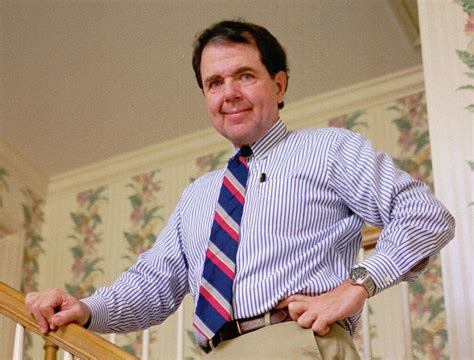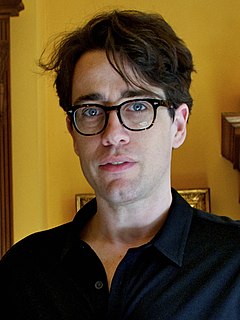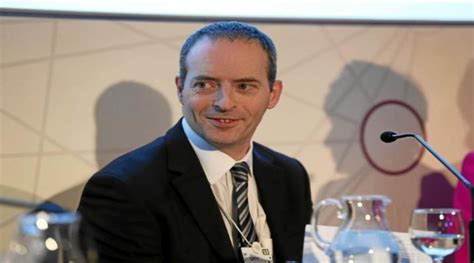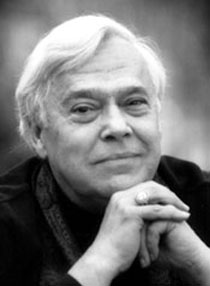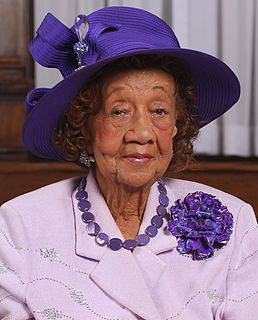A Quote by Hannah More
Pleasure is by much the most laborious trade I know, especially for those who have not a vocation to it.
Related Quotes
Most people would trade everything they know, everyone they know- they'd trade it all to know they've been seen, and acknowledged, that they might even be remembered. We all know we die. We all know the world is too big for us to be significant. So all we have is the hope of being seen, or heard, even for a moment.
For most people, love is a response to need fulfillment. Everyone has needs. You need this, another needs that. You both see in each other a chance for need fulfillment. So you agree-tacitly-to a trade. I'll trade you what I've got if you'll give me what you've got. It's a transaction. But you don't tell the truth about it. You don't say, "I trade you very much." You say, "I love you very much," and then the disappointment begins.
My history of moving away from drugs is not the kind you hear from most people. Certainly not from celebrities, especially those professionally recovering people. What I've noticed in my overuse of cocaine is the period of pleasure versus the period of pain. That is to say that when you first get high on anything, the pleasure is predominant and you don't pay much price. A little hangover or whatever it might be with another drug. But after a while the ratio begins to change, and there' s far more pain in the deal than pleasure. It just completely goes in another direction.
But I must explain to you how all this mistaken idea of denouncing pleasure and praising pain was born and I will give you a complete account of the system, and expound the actual teachings of the great explorer of the truth, the master-builder of human happiness. No one rejects, dislikes, or avoids pleasure itself, because it is pleasure, but because those who do not know how to pursue pleasure rationally encounter consequences that are extremely painful.
Every historian loves the past or should do. If not, he has mistaken his vocation; but it is a short step from loving the past to regretting that it has ever changed. Conservatism is our greatest trade-risk; and we run psychoanalysts close in the belief that the only "normal" people are those who cause no trouble either to themselves or anybody else.





